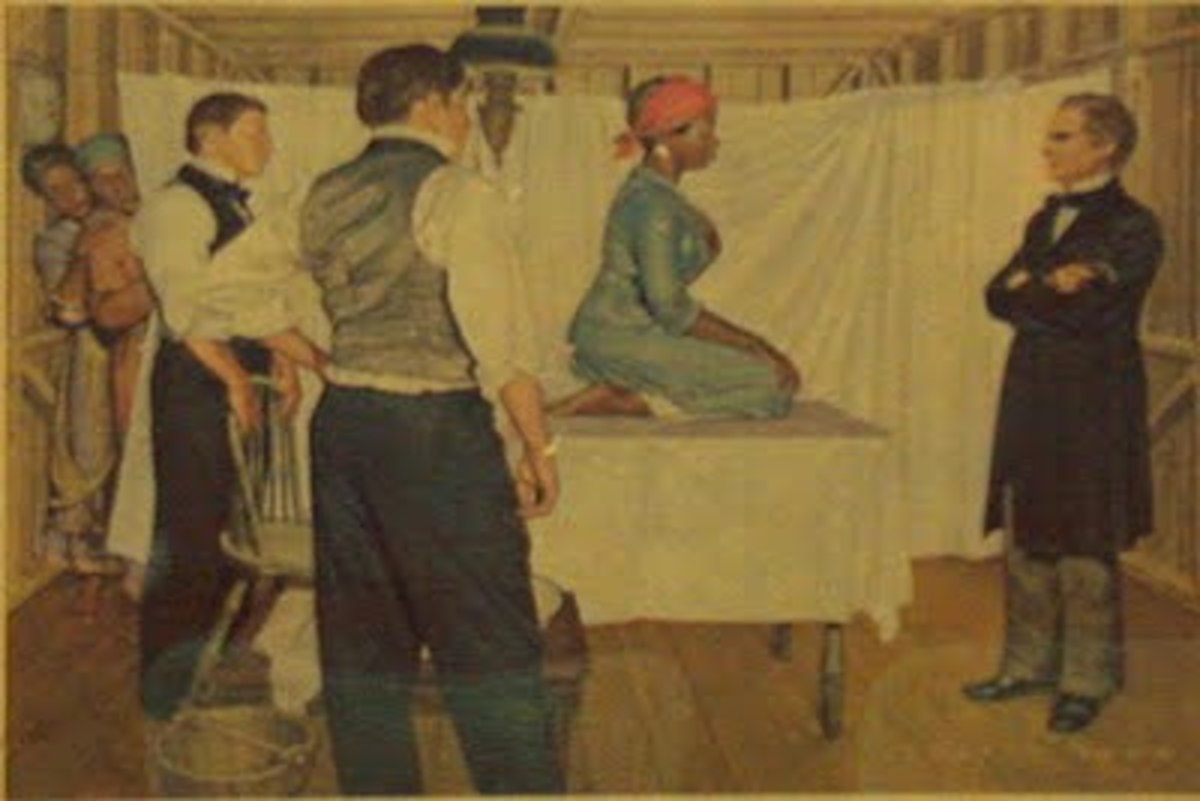When and what to tell our terminally ill person.
There is a divide between those people, who want to know and those who do not want to know, when they are in the grips of a disease that is or can be fatal. Families are left with a large question ‘is this when we tell them or do we try a more compassionate road and just sail over the diagnosis?’ This decision is individual and has as many answers as there are people. The truth however following AMA (American Medical Association) guidelines is, at the very least, to tell the person at least once and then move forward with family and friends. This does not mean our person will be told only one time, most of us understand in today’s medical world we may see as many as 15 or more physicians in our final illness.
Medical Ethics tell us that the person should have the knowledge and, therefore, helping to put their affairs in order. This is a very important part of life. Most everyone who has reached adulthood has experienced some good situations and some not so good. It seems most people regret one or more situations in their life. The time to put the affairs in order is to make amends for some decisions and possibly have a last say in a situation that weighs heavy on our heart.
Medical Ethics put aside, how is this relevant when a person has dementia or something that interferes with cognitive ability. Certainly, this person will be upset at the diagnosis and that will be tempered with them not remembering this conversation within a few hours. So family members are in a catch 22. If we tell them each time there is a discussion they will only be sad, hurt or frightened. They may even become distrustful of us, believing incorrectly that we have keep something of importance from them, even when they can’t remember what it was.
Many psychologists and gerontologist believe that in the case of dementia, especially Alzheimer’s disease the prudent thing to do is to only tell the person when specifically ask or only one time, depending on the stage of the persons dementia. It would appear that this is one of those times when our medical expertise is ahead of our need for compassion. The decision maker for our person may want share concerns with the medical professional prior to that person again telling our person the dire straights of their medical issues.
While some families are in a position of needing or believing they need to tell the person everyday. While yes this person has a right to know, we must also learn the art of compassionate care. This means we must develop ways to be honest with our loved one, while not projecting more misery on them. Certainly there will come a time when the person just does not ask any more. The period of time we are talking about is that time between diagnosis and the inability to remember or cognitively understand what is happening.
This time in the diagnosis and treatment can be the most difficult for all concerned. This is the time when family will want to sit down with the doctor, clergy and immediate members of the family group without small children and develop a plan of care for the coming months to years. While doing this if a spouse or immediate family member knows of a particular event or time in the patient’s life, when ‘the person’ was less then forthcoming with another and the family member(s) knows this has weighed very heavy on the heart of our patient. This could be a time to help them settle the air (so to speak) regarding this time or event. We must also keep in mind that in the case of Alzheimer’s disease, the affected person may no remember the incident or (and this is important) The change of heart they felt more recently.
It is also very important to keep in mind this is the stage to help and not to project our own feelings, desires or concerns onto the person. It is very hard to move through this time in a person’s life, most people find they are second-guessing themselves or trying to interpret needs, care issues and feelings from a language we do not know.
The key to this stage of an illness, for the primary caregiver, is to take care of health needs, emotional one which may or may not come up, and make sure to take care of yourself (above all, you cannot care for this person if you are in hospital). Another key is if you find yourself in this scenario with a parent, try to get the answers you need without any blaming, accusatory language or wounding of feelings.
This is not a road for the faint of heart. It will be difficult at best and very upsetting at worst. You will come through it and for your own peace of mind it is best to do the absolute best job each day and see a new day as just that. You will not be able to change what has happened but this is an opportunity for a ne beginning.
Next Week: If you are unable to get the answers you seek, we will discuss how to move on.






